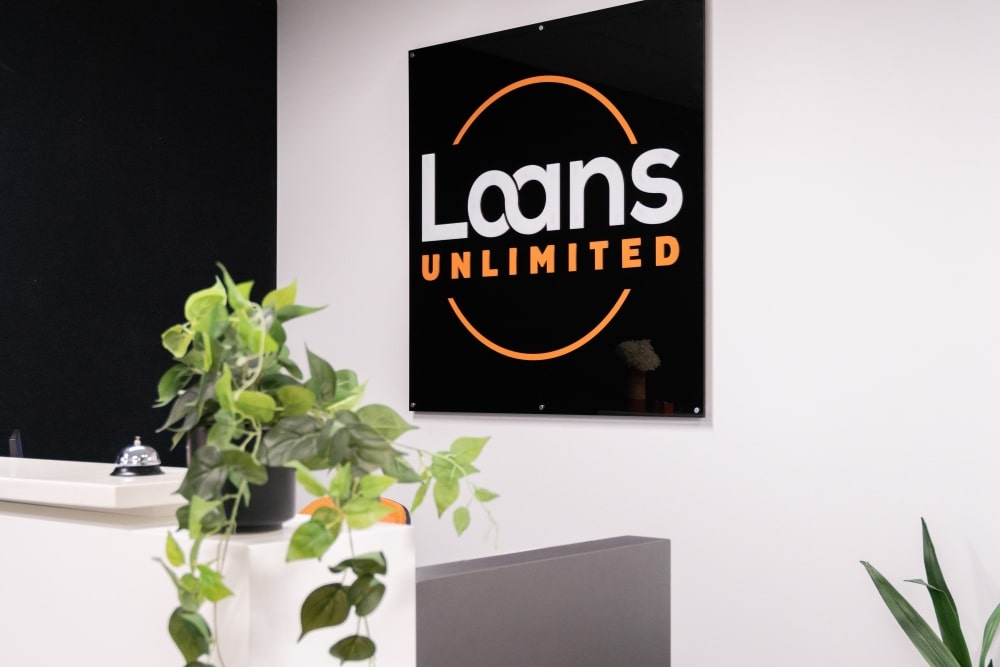Quite often, self-employed individuals don’t receive a standard wage, unlike permanent employees. That makes a lot of difference when getting a car loan. Lenders typically require borrowers to provide certain documents, such as payslips, to prove that they can afford the loan. Having a payslip shows consistency and stability of earnings and employment. However, if you’re a sole trader, you likely don’t have a payslip, which tells the lender that you do not earn a regular income.
It can be challenging to apply for car finance for the self-employed. However, if you can demonstrate that you can afford the loan repayments, you’ll find a few options for you:
Low Doc Car Loans
Certain lenders offer low-doc car finance for people without standard documentation, such as self-employed individuals. Therefore, you will not be required to provide a payslip. Instead, you can submit other documents that show your borrowing power and your business income, such as a letter from your accountant or Business Activity Statements (BAS).
Since there is a significant risk for the lenders, they will charge you a higher interest rate than regular loans. You can have a bigger chance of getting approved if you apply for a secured car loan from low-doc lenders. This means you need to provide an asset as collateral. Typically, the collateral is the car you’re purchasing itself. In doing so, the lender’s risk decreases, and you may be given a lower interest rate.
- Chattel Mortgage Car LoansIf your business requires a vehicle to carry out tasks, we recommend getting a chattel mortgage. This type of car finance is specifically made for business owners and covers the cost of vehicles. Note that the car should be used at least 50% of the time, and your business should report to the Australian Taxation Office (ATO) to qualify.
- Commercial Hire PurchaseAn alternative to a chattel mortgage is a commercial hire purchase. Technically, this is not a car loan. You can hire the vehicle, meaning the lender retains ownership until you have paid the vehicle and any interest charges in full. Both commercial hire purchase agreements and chattel mortgages are not regulated by the National Consumer Credit Protection Act (NCCPA). Therefore, the application process is often quicker and simpler.
- Finance LeaseSimilar to a commercial hire purchase is a finance lease where you enjoy all the benefits of car ownership, but the lender still owns the vehicle. Once you have paid all the fees, the car is yours. An advantage of a finance lease over other options is that you can keep your working capital, which helps optimise your business’ cash flow. It’s also possible that you can claim a tax deduction for the whole repayment.
- Operating LeaseAn operating lease works the same way as a finance lease, except that you cannot take ownership of the car. You will return the vehicle without other obligations at the end of the agreed term. Normally, you can borrow the car for a shorter period, which allows you to upgrade to a new and better vehicle if you wish to do so. Another option is to take out a business car loan, which requires you to purchase a car that you will use solely for business-related purposes.
Whichever type of car finance you apply for, you will have a better chance of approval with a good credit score. It reassures the lender that you are a borrower who exhibits positive behaviours and an excellent reputation for paying down your debts.

Typical Car Loan Application Requirements for Self-Employed
Lenders will generally ask for the following documents for self-employed individuals to apply for a car loan:
- Australian Business Number
- Three months’ business bank statements
- Contract or work source letter, if available
- Tax returns (usually a minimum of two years)
- Documentation of your liabilities and expenses
- Car details like make, model, year, and colour
- Purchase price of the car
- Proof of insurance
- Vehicle Identification Number (VIN) or registration number
Of course, you’ll have to provide identification documents like your birth certificate, driver’s licence, or passport. You may also need to give utility statements to prove your identity further.
In some cases, you’ll be asked to register for Goods and Services Tax (GST), depending on the value of the car and the financing you will receive. If you’re financing a car for less than $150,000, you may not need to provide your tax return documents. In addition, if you’re planning to get a truck for your business, you may be exempt from the exact requirement if the vehicle is less than $250,000.
How Much Can You Borrow?
You can typically borrow anywhere from $5,000 to $100,000, but the amount offered will depend on several factors, including:
- Your income
- Business age
- Type of car loan
- The car you plan to purchase
- Age of car, whether new or old
- Your credit score
- Loan term
You will also need to pay for application, ongoing, and discharge fees. The great news is that you may not be required to provide a deposit if you own property, such as a family home, investment property, commercial property, or a block of land. If you don’t, the deposit is still relatively affordable, usually ranging from 10% to 20% of the total car price. Some lenders will even let previous vehicle owners receive financing without a deposit.
Other Factors to Consider
Before applying for a car loan for the self-employed, make sure you can genuinely afford it. Budget accordingly to know how much you can pay during each scheduled repayment. If you have extra money to make extra repayments, ensure that you have checked your loan terms. Some lenders don’t allow early repayments, and others will charge you more for early termination of the loan.
If you plan to use the car for business purposes, think about the burden the additional cost will put on your business. Defaulting on the loan can cost you more and even lead to the seizure of your assets and business.
Low-doc car loans are indeed an excellent option for self-employed individuals. They are easy to obtain and may even provide balloon payment options of up to 35%. However, don’t forget that they come with higher fees and term restrictions. So, we recommend that you compare your lender options first before applying. Just because you are self-employed does not mean you should pay more on your loan.
Do you need help navigating consumer and commercial car loans? We’re here for you. Our specialist know-how allows us to offer clients tailored advice and options, so you get the most suitable self-employed car finance. Let us help you take the hassle out of your car loan. Contact Loans Unlimited today!




